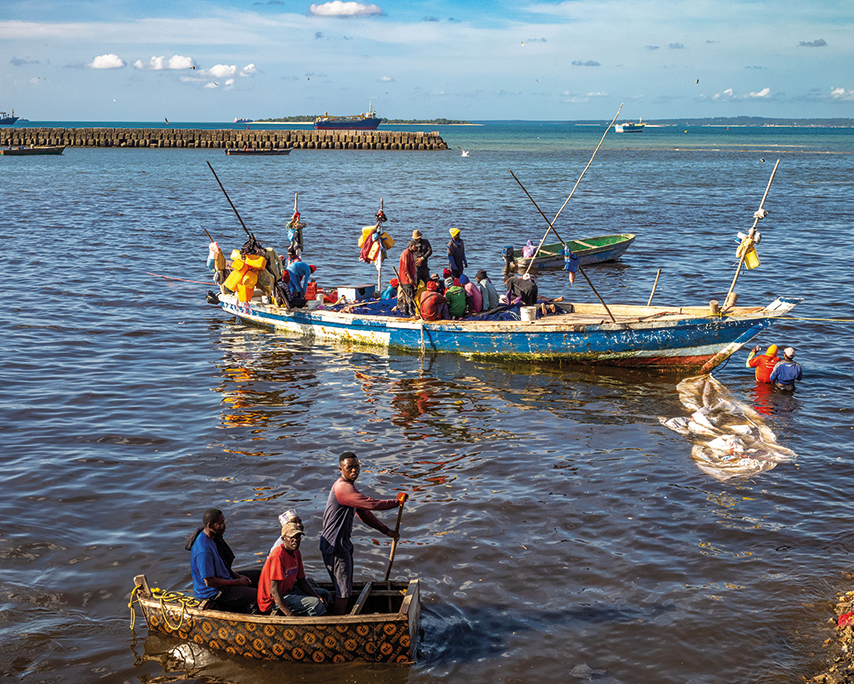World Kiswahili Language Day
Why Swahili is a language of power for the people
In many parts of Africa, particularly in rural and informal communities, people continue to face barriers to opportunity—not because they lack ideas, work ethic, or hope—but because the systems designed to serve them often speak a language they do not fully understand. That language is usually English, French, or jargon-heavy development-speak. However, there is one language that transcends borders, classrooms, markets, and households: Swahili.
Spoken by over 200 million people across East, Central, and parts of Southern Africa, Swahili is more than a cultural treasure. It is a practical, everyday language that already connects people across backgrounds. Increasingly, it is emerging as a powerful tool for development, trade, and governance. But for this to truly benefit people at the grassroots—those living and working at the so-called “last mile”—we must centre them in the conversation.
This is not about translating policy documents after decisions have already been made. It is about using Swahili as a starting point—a language through which people understand, question, and shape the systems that affect them.
For most rural and urban informal communities, Swahili is the default language of daily life. It is how people buy and sell, teach children, resolve disputes, and organise socially. It is already being used to communicate what matters. When businesses, NGOs, or government agencies choose to operate in Swahili, they are not “dumbing things down” but making development more human, more local, and more real.
People should care because Swahili makes information accessible. It removes the language barrier that often excludes them from critical decisions—on health, agriculture, education, or infrastructure.
From mobile money and agri-business to artisan cooperatives and creative content, the future of Africa’s economy lies in inclusion. For young people, women, and informal workers, Swahili can act as a bridge to participation in this new economy.
When information about financial services, job platforms, or market opportunities is provided in Swahili, more people understand how to engage. They know how to sign up. They ask questions. They access loans, buy insurance, or start a business. Swahili allows them to move from the margins to the mainstream—not by learning someone else’s language first, but by using the one they already speak fluently.
For too long, development has been something done to people, not with them. Reports are written. Projects are launched. Workshops are held. But the people they are meant to serve remain unsure of what is happening or why.
Swahili changes that. It turns development into a two-way conversation. People begin to document their own experiences, share their solutions, and influence others in the region. In Swahili, their ideas can travel far without being lost in translation.
Swahili belongs to the people. It has always been a language of unity, trade, and culture. However, it must now become a language of innovation and influence, not just for policy briefs and speeches but for training manuals, government portals, product labels, apps, and social media.
If we want a more inclusive, people-centred Africa, we must start where the people already are—in the language they already trust. Hakuna maendeleo bila watu. Na hakuna watu bila lugha yao (There is no development without the people. And there are no people without their language).



